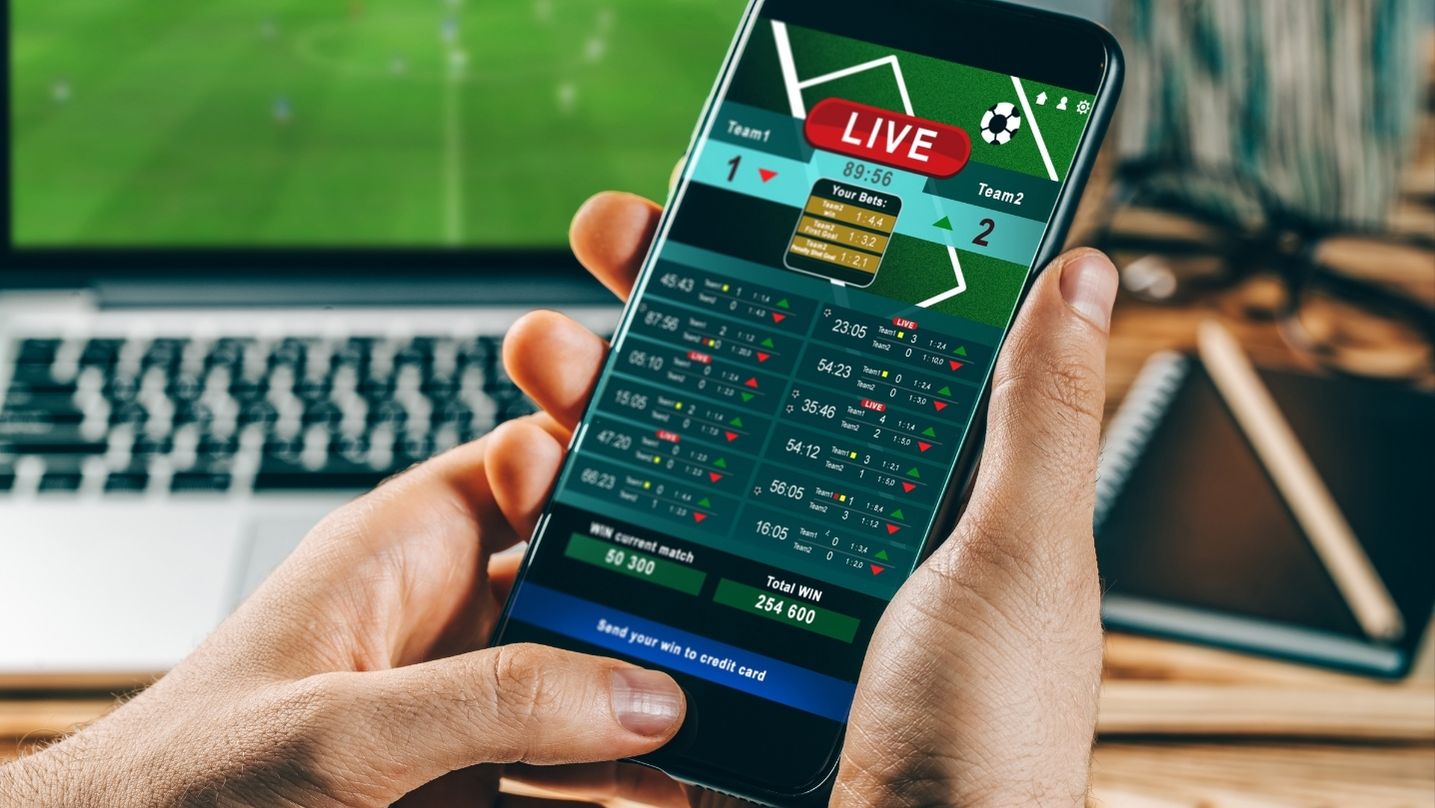What separates consistently successful casino players from those who struggle with losses, frustration, and poor decision-making? The answer isn’t luck, mathematical formulas, or secret strategies. It’s psychology.
The most successful casino players understand that gaming is fundamentally a mental challenge. They’ve mastered not just the rules and odds, but the psychological forces that influence every bet, spin, and decision. By understanding these mental dynamics, you can transform your own gaming experience from emotional roller coaster to controlled, enjoyable entertainment.
The Psychology of Risk and Reward
Understanding Your Brain on Gambling
When you place a bet, your brain undergoes a complex chemical reaction. The anticipation of a potential win triggers dopamine release – the same neurotransmitter involved in falling in love, eating chocolate, and achieving goals. This creates a natural high that can be incredibly enjoyable when managed properly, or dangerously addictive when left unchecked.
The Anticipation Effect: Research shows that the anticipation of a reward often produces more pleasure than the reward itself. This explains why the moments before the reels stop spinning or the cards are revealed can feel more exciting than actually winning.
The Near-Miss Phenomenon: Your brain treats near-misses (like getting two jackpot symbols out of three) almost like actual wins, releasing dopamine and encouraging continued play. Successful players recognize this psychological trick and don’t let near-misses influence their decision-making.
The Paradox of Choice
Modern online casinos offer thousands of game options, which can actually decrease satisfaction and increase anxiety. This “paradox of choice” explains why some players feel overwhelmed and make poor decisions when faced with too many options.
Successful players solve this by:
- Limiting themselves to 3-5 favorite games they understand well
- Researching new games thoroughly before playing
- Setting specific criteria for game selection (RTP, volatility, theme preferences)
- Not getting distracted by flashy new releases that don’t match their strategy
Cognitive Biases That Affect Gaming
The Gambler’s Fallacy
This is the mistaken belief that past results influence future outcomes in random events. If a roulette wheel hits red five times in a row, the gambler’s fallacy suggests black is “due” to hit. In reality, each spin has exactly the same odds regardless of previous results.
Mental antidote: Remind yourself that every spin, deal, or roll is completely independent. The machine doesn’t remember what happened before.
Confirmation Bias
Players often notice and remember information that confirms their existing beliefs while ignoring contradictory evidence. If you believe a particular slot is “lucky” for you, you’ll remember the wins and forget the losses.
Mental antidote: Keep detailed records of all sessions, wins, and losses. Let the data guide your decisions, not selective memories.
Loss Aversion
Psychological studies show that the pain of losing $50 is roughly twice as intense as the pleasure of winning $50. This asymmetry can lead to poor decision-making, including chasing losses and making increasingly risky bets.
Mental antidote: Reframe losses as entertainment costs. If you budget $100 for casino gaming, think of it as paying $100 for entertainment, with any winnings being a bonus.
The Hot-Hand Fallacy
The opposite of gambler’s fallacy – believing that winning streaks will continue. Players experiencing a series of wins often increase their bets dramatically, thinking they’re “hot” or “in the zone.”
Mental antidote: Recognize that each outcome is independent. Winning streaks end just as randomly as they begin.
The Mindset of Successful Players
Emotional Regulation
The most crucial skill for casino gaming isn’t mathematical – it’s emotional control. Successful players maintain stable emotional states regardless of short-term results.
Key emotional skills:
- Accepting volatility: Understanding that losing streaks are normal and temporary
- Celebrating appropriately: Enjoying wins without letting them create unrealistic expectations
- Managing frustration: Recognizing when emotions are affecting decision-making and taking breaks
- Maintaining perspective: Viewing each session as part of a long-term entertainment experience
The Growth Mindset
Players with growth mindsets view losses as learning opportunities rather than failures. They continuously improve their strategies, learn from mistakes, and adapt their approach based on experience.
Growth mindset behaviors:
- Analyzing losing sessions to identify improvement opportunities
- Reading about game strategy and probability theory
- Experimenting with different approaches in demo mode
- Seeking feedback from more experienced players
Process-Oriented Thinking
Successful players focus on their decision-making process rather than short-term outcomes. They ask “Did I make good decisions?” rather than “Did I win?”
Process focus benefits:
- Reduces the emotional impact of losses
- Encourages consistent, logical decision-making
- Builds confidence based on skill rather than luck
- Leads to better long-term results
Managing the Psychological Challenges
Dealing with Losing Streaks
Every casino player experiences losing streaks. How you handle them psychologically determines whether they become minor setbacks or major problems.
Healthy responses to losses:
- Accept them as normal: Losing streaks are mathematically inevitable in all gambling
- Review your process: Focus on whether you made good decisions, not outcomes
- Take breaks: Step away to reset your emotional state
- Maintain perspective: Remember your long-term entertainment goals
- Don’t chase: Avoid the temptation to increase bets or extend sessions
Handling Big Wins
Surprisingly, big wins can be psychologically challenging too. They can create unrealistic expectations, lead to reckless betting, or trigger guilt and anxiety.
Healthy responses to wins:
- Celebrate appropriately: Enjoy the moment without going overboard
- Stay grounded: Remember that wins are temporary and random
- Withdraw profits: Take some winnings off the table to lock in success
- Maintain your strategy: Don’t let wins change your systematic approach
- Plan for the future: Consider how the win affects your overall gaming budget
Building Mental Resilience
Developing Self-Awareness
The foundation of psychological success in casino gaming is understanding your own mental patterns, triggers, and tendencies.
Self-awareness questions:
- What emotions do you feel during wins and losses?
- Do you have specific triggers that lead to poor decisions?
- How does your mood affect your gaming choices?
- What time of day are you most mentally sharp for gaming?
- How do external stresses influence your gambling behavior?
Creating Mental Routines
Professional athletes use mental routines to maintain focus and emotional control. Casino players can benefit from similar approaches.
Effective mental routines:
- Pre-session ritual: Set clear goals, budgets, and time limits before starting
- Decision checkpoints: Pause regularly to assess your mental state and decisions
- Break protocols: Take mandatory breaks every 30-45 minutes regardless of results
- Post-session review: Analyze decisions and emotional responses after each session
Mindfulness and Present-Moment Awareness
Mindfulness techniques help players stay focused on current decisions rather than dwelling on past losses or fantasizing about future wins.
Mindfulness applications:
- Breathing exercises: Use deep breathing to stay calm during intense moments
- Body awareness: Notice physical tension or fatigue that might affect judgment
- Thought observation: Recognize when emotions are influencing logical thinking
- Present focus: Stay engaged with current game action rather than mental distractions
The Social Psychology Factor
Online Community Effects
Even in online gaming, social psychological factors play important roles. Chat rooms, leaderboards, and community features can influence behavior both positively and negatively.
Positive social influences:
- Learning from experienced players’ strategies
- Sharing excitement and achievements with others
- Building accountability partnerships for responsible gaming
- Finding support during difficult periods
Negative social influences:
- Pressure to bet higher to impress others
- Copying risky behaviors from big bettors
- Getting caught up in group excitement and losing individual judgment
- Comparing your results to others’ highlight reels
Quality platforms like Freespinz foster positive gaming communities through fair play policies, responsible gaming tools, and environments that encourage healthy social interaction rather than toxic competition.
Practical Psychological Strategies
The Two-Account System
Separate your “entertainment” money from your “profit” money psychologically and practically. This helps maintain emotional balance and prevents the common mistake of risking winnings unnecessarily.
Implementation:
- Set aside a fixed monthly entertainment budget
- Any winnings above your original budget go into a separate “profit” account
- Only spend entertainment money on gaming, never touch profits
- Withdraw profits regularly to make them psychologically “real”
The Time-Based Decision Framework
Many poor gambling decisions are made during emotionally charged moments. Create a systematic delay for major decisions.
Framework rules:
- No betting increases during the same session
- Wait 24 hours before increasing regular bet sizes
- Take mandatory 10-minute breaks after any significant win or loss
- Never make gaming decisions when tired, stressed, or emotional
Cognitive Behavioral Techniques
These evidence-based psychological approaches can help reframe negative thought patterns that lead to poor gaming decisions.
Technique examples:
- Thought challenging: Question negative self-talk like “I always lose” with evidence
- Catastrophic thinking prevention: Avoid assuming worst-case scenarios from normal losses
- Rational analysis: Use logic to evaluate the real significance of gaming outcomes
- Perspective maintenance: Keep gaming results in the context of your overall life
The Long-Term Psychological Game
Building Sustainable Enjoyment
The goal isn’t to eliminate all emotional involvement in gaming – that would remove the fun. Instead, develop emotional resilience that lets you enjoy the excitement while maintaining control.
Sustainable enjoyment strategies:
- View gaming as entertainment expense, not investment opportunity
- Celebrate small wins as much as big ones to maintain positive reinforcement
- Develop interests and hobbies outside of gaming to maintain life balance
- Build social connections that aren’t centered around gambling
Continuous Psychological Development
Like any skill, psychological mastery in gaming requires ongoing development and practice.
Development activities:
- Read books on decision-making, probability, and behavioral psychology
- Practice mindfulness and emotional regulation techniques
- Keep gaming journals to track patterns and improvements
- Regularly reassess your goals and motivations for gaming
Conclusion: Mastering Your Mental Game
The psychology of casino gaming is complex, but understanding these mental dynamics gives you a significant advantage. By recognizing cognitive biases, managing emotions effectively, and building mental resilience, you transform gaming from a potentially chaotic experience into controlled, enjoyable entertainment.
Remember: the house edge is built into the games mathematically, but your psychological approach determines whether you’ll have positive experiences regardless of short-term results. Master your mental game, and you’ll find that casino gaming becomes more fun, less stressful, and ultimately more satisfying as a form of entertainment.
The cards, dice, and reels will always be random. But your mind – that’s completely under your control.

